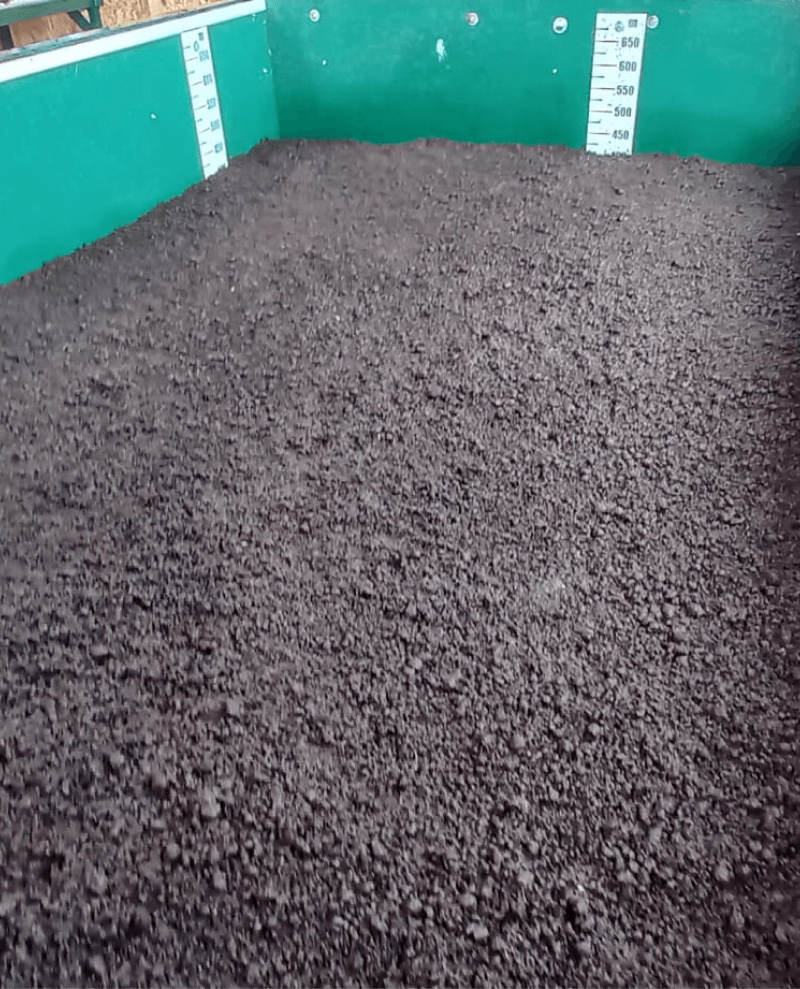The composition of wormcasts differs significantly from the surrounding soil. They are richer in essential nutrients such as nitrogen, phosphorus, and potassium, along with beneficial microorganisms. Consequently, wormcasts act as nutrient-rich hotspots within the soil, promoting plant growth and enhancing overall ecosystem productivity.
Beyond nutrient enrichment, wormcasts play a vital role in soil aeration and water infiltration. The burrowing activities of earthworms create channels within the soil, facilitating better air and water movement. This enhances soil drainage, reduces compaction, and mitigates erosion, thereby promoting soil stability and resilience.
Moreover, wormcasts contribute to carbon sequestration and soil carbon storage. The organic matter processed by earthworms is incorporated into the soil, aiding in the formation of stable soil aggregates and long-term carbon retention. This not only mitigates greenhouse gas emissions but also fosters soil fertility and sustainability.

